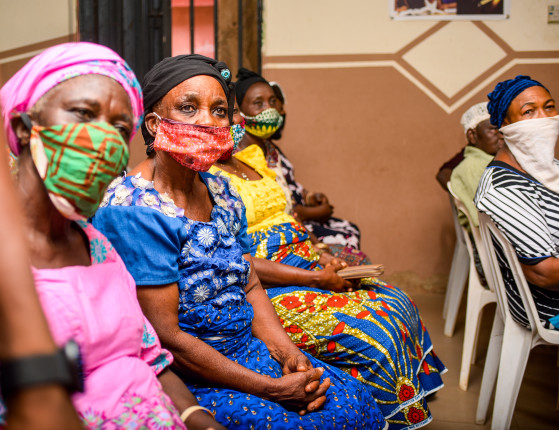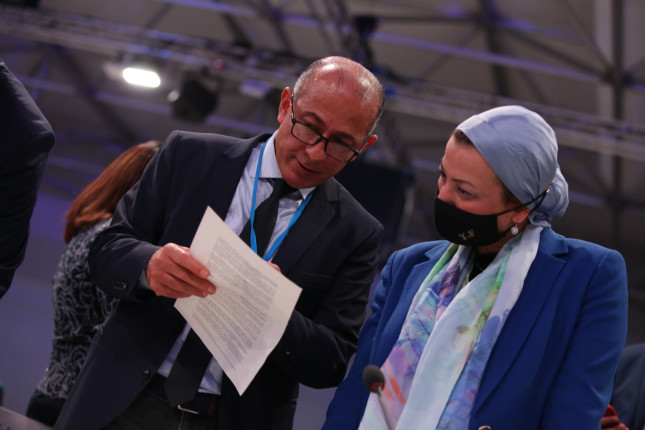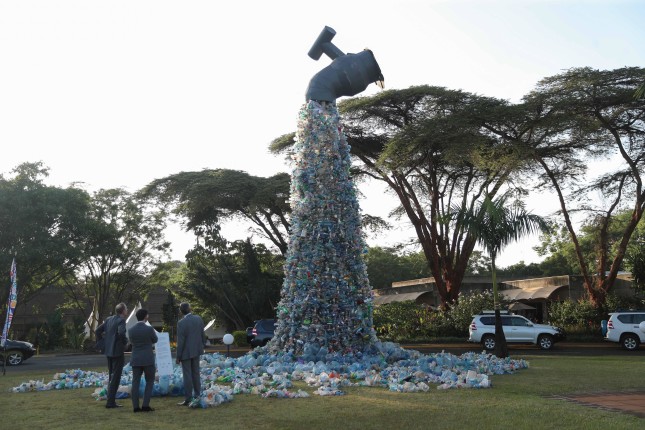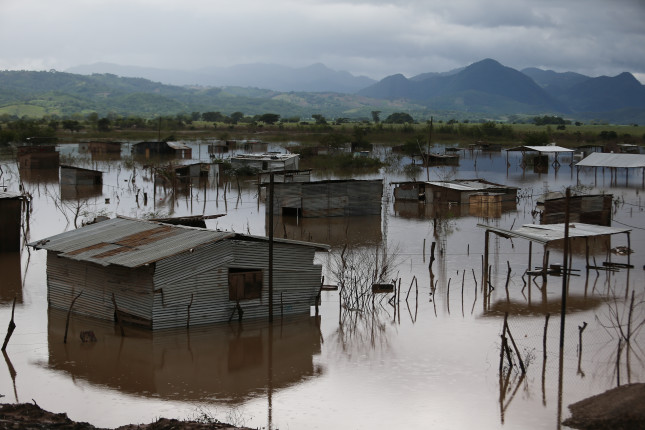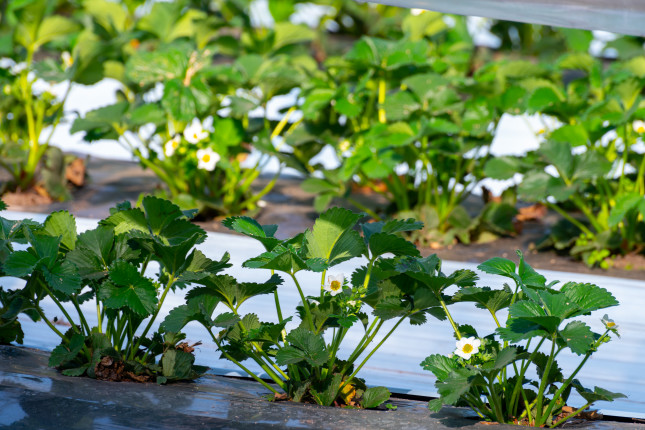-
China’s Growing Environmental Footprint in the Caribbean
›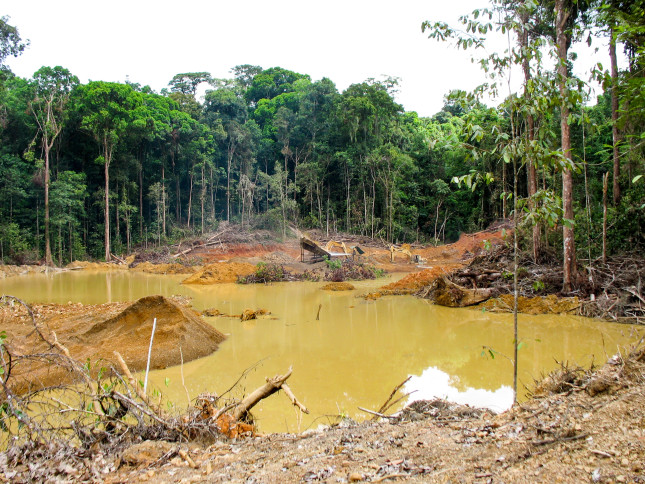
China continues blazing a trail across the Wider Caribbean through large capital flows, loans, and investment. In the last two years alone, more than a dozen Caribbean nations have signed on to China’s Belt and Road Initiative—even as some still recognize Taiwan, perhaps the only remaining sticking point preventing further signatories. The deepening of relations did not happen overnight, but it is only recently that the Belt and Road Initiative has drawn attention to China’s strategic investments and growing political bonds with Caribbean island nations.
-
Making Room at the Table for Businesswomen in Jordan: A Conversation with Reem Badran
› “People told me it was only for men,” says Reem Badran, Founder & CEO of Al Hurra for Management and Business Development and former member of the Jordanian House of Representatives, when speaking about her decision to run for the Amman Chamber of Commerce in the latest episode of the Riyada podcast from the Wilson Center’s Middle East Program. Badran is a Jordanian trailblazer and was recently named One of the World’s Most Successful Women in Business by the International Women’s Entrepreneurial Challenge Foundation in New York. In 2009, she became the first woman elected to the board of Amman’s Chamber of Commerce since its establishment in 1923. To this day, she remains the only woman to be elected to this post. “In our community [and] region, it is not easy for women to be able to penetrate the business community. It takes a while for people to believe in a woman and that she can have a successful business.”
“People told me it was only for men,” says Reem Badran, Founder & CEO of Al Hurra for Management and Business Development and former member of the Jordanian House of Representatives, when speaking about her decision to run for the Amman Chamber of Commerce in the latest episode of the Riyada podcast from the Wilson Center’s Middle East Program. Badran is a Jordanian trailblazer and was recently named One of the World’s Most Successful Women in Business by the International Women’s Entrepreneurial Challenge Foundation in New York. In 2009, she became the first woman elected to the board of Amman’s Chamber of Commerce since its establishment in 1923. To this day, she remains the only woman to be elected to this post. “In our community [and] region, it is not easy for women to be able to penetrate the business community. It takes a while for people to believe in a woman and that she can have a successful business.” -
It’s Not Ok: How Data from Nigeria Reveals the Role of Addressing Community Attitudes to End Violence Against Women
› -
The Gasses That Will Make or Break Climate Change Mitigation
›New worldwide attention on methane has increased the potential for countries to implement methane policy in the energy sector. In November 2021, the countries gathered at COP 26 in Glasgow launched the Global Methane Pledge, an agreement that aims to reduce methane emissions at least 30 percent from 2020 levels by 2030. If the 111 participating countries are successful, this endeavor could curb over 8 gigatons of carbon equivalent emissions and prevent more than 0.2 degrees Celsius in warming by 2050.
-
COP 27 in Sharm: Few Opportunities and More Challenges for MENA Environmentalists
›In November, the world’s marquee climate conference will come to one of its fastest warming regions. Over roughly two weeks, global leaders, businesspeople, and, in theory, civil society organizations, will negotiate and schmooze along the shores of the Red Sea at Sharm el-Sheikh, Egypt. After a rather mixed outcome of last year’s COP 26 in Glasgow – and even more chilling IPCC report releases since then, global environmentalists are counting on this year’s COP 27 to produce the kinds of game-changing, emissions-cutting measures that climate risks so desperately demand.
-
World’s Nations Commit to Ending Plastic Waste
›The United Nations has laid the foundation for negotiations to begin on the world’s first legally binding treaty to end plastic pollution. At the United Nations Environment Assembly (UNEA) in Nairobi earlier this month, the parameters were set for a future treaty, including hard-won provisions to address the full life cycle of plastics and tackle waste in all environments, not just the ocean.
-
Environmental Change, Migration, and Peace in the Northern Triangle
›“There is a growing recognition that climate change is going to affect security and it’s increasingly shaping peoples’ decisions about where to move, where to live, and how to plan their futures, but how migration, climate, and insecurity connect and drive risks is not always as clear cut as the headlines would have us believe,” said Cynthia Brady, Global Fellow and Senior Advisor with the Wilson Center’s Environmental Change and Security Program, at last month’s International Conference on Environmental Peacebuilding. The roundtable discussion, “Environmental Change, Migration, and Peace in Central America’s Northern Triangle” drew on the Wilson Center’s framework to improve predictive capabilities for security risks posed by a changing climate, developed in partnership with the National Oceanic and Atmospheric Administration (NOAA). Applying the framework to the Northern Triangle—Honduras, Guatemala, and El Salvador—panelists discussed complex challenges and proactive approaches for building climate resilience and adaptive capacity.
-
The Dirt on Agricultural Plastic Pollution of the Soil in the U.S. and China
›Farmers in the United States and China who grow strawberries, melons, and other fruits and vegetables often face the same arduous challenge—after harvesting they must gather up and dispose of the plastic mulch used to increase production. After months in the hot sun, the plastic sheeting starts to shred and break apart, leaving fragments behind in the soil.
Showing posts from category Guest Contributor.


 “People told me it was only for men,” says Reem Badran, Founder & CEO of Al Hurra for Management and Business Development and former member of the Jordanian House of Representatives, when speaking about her decision to run for the Amman Chamber of Commerce in the
“People told me it was only for men,” says Reem Badran, Founder & CEO of Al Hurra for Management and Business Development and former member of the Jordanian House of Representatives, when speaking about her decision to run for the Amman Chamber of Commerce in the 